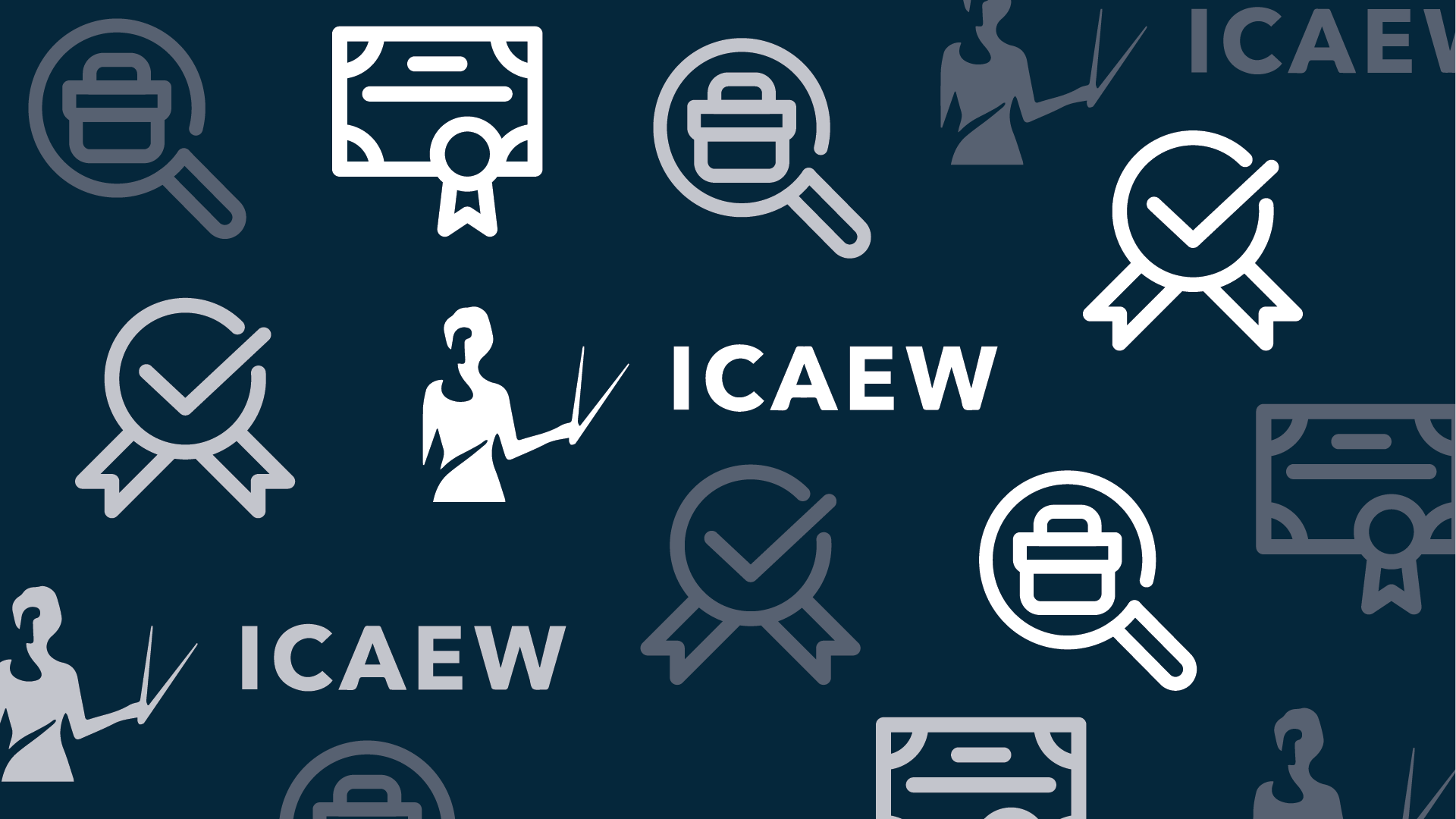Firstly, congratulations to everyone who has recently completed their ACA qualification! This is a major milestone that reflects years of dedication and effort. Now, you might be asking yourself the big question: what's next? The ACA opens numerous doors to diverse career opportunities. In this blog, we explore the next steps and potential career paths, highlighting key considerations for each option to help you navigate your post-ACA journey.
1. Reflect on Your Interests and Strengths
Before diving into job applications or considering career moves, take a moment to reflect on your interests and strengths. The ACA qualification equips you with a broad skill set, but it's essential to identify which aspects of your training you found most engaging. Did you enjoy audit work, or did you prefer financial reporting? Are you more interested in tax, corporate finance, or perhaps risk management? Understanding your preferences will help you focus on roles that align with your strengths and passions, increasing job satisfaction and long-term career success.
2. Explore Career Paths
The ACA opens doors to a variety of career paths, both within and outside traditional accountancy roles. Here are some options to consider:
Audit and Assurance: Many newly qualified ACAs choose to stay in audit, particularly if they enjoy the investigative and analytical nature of the work. Progressing within audit firms can lead to senior roles such as Audit Manager or Partner.
Industry Roles: Many ACAs transition into industry roles, working in finance departments across various sectors. These roles offer a more balanced lifestyle compared to practice and can lead to positions such as Finance Director or CFO.
Financial Accounting and Reporting: If you have a knack for numbers and enjoy working on financial statements, a career in financial accounting might be the right fit. Opportunities in this field include roles such as Financial Controller or Chief Financial Officer (CFO).
Taxation: Specialising in tax can lead to a rewarding career, with opportunities to work in tax advisory, compliance, or planning. Tax professionals are in high demand across industries, making this a stable career choice.
Corporate Finance: If you're interested in mergers and acquisitions, valuations, or financial restructuring, corporate finance offers dynamic and challenging roles. Positions in this field include Corporate Finance Analyst, Investment Banker, and Private Equity Associate.
Consulting: Consulting allows you to leverage your ACA skills in a broader business context. Whether it's management consulting, financial consulting, or risk advisory, this path offers variety and the chance to work on high-impact projects.
Entrepreneurship: For those with a strong entrepreneurial spirit, the ACA qualification provides a solid foundation to start your own business or join a start-up. The skills you've acquired will be invaluable in managing the financial aspects of a new venture.
Possible roles:
Financial and Group Accountant
Management Accountant
Financial analyst / Fp&A analyst
Internal Audit
3. Consider Further Qualifications
Depending on your chosen career path, you might consider pursuing further qualifications. For example, if you're interested in tax, you might pursue a CTA (Chartered Tax Adviser) qualification. If you're leaning towards corporate finance, an MBA or CFA (Chartered Financial Analyst) qualification could be beneficial. Continuing your education can help you specialise and stand out in a competitive job market.
4. Network and Seek Mentorship
Networking is crucial in any career, but it's essential for newly qualified ACAs. Attend industry events, join professional organisations, and connect with peers and senior professionals. Networking can open doors to job opportunities and provide valuable insights into different career paths. Additionally, seek out a mentor who can offer guidance and support as you navigate your career post-ACA. A mentor with experience in your chosen field can help you avoid common pitfalls and make informed decisions.
5. Balance Long-Term Goals with Short-Term Opportunities
As you explore career options, it's important to balance long-term goals with short-term opportunities. While it's essential to think about where you want to be in 5 or 10 years, don't overlook the value of gaining diverse experiences early in your career. Sometimes, taking on a challenging role or project in the short term can provide skills and insights that are invaluable later on.
6. Stay Adaptable and Open to Change
The business world is constantly evolving, and so too are career opportunities for ACAs. Staying adaptable and open to change is key to long-term success. Whether it's embracing new technologies, pursuing further education, or exploring new industries, being flexible in your approach will help you navigate the ever-changing landscape of your career.
Conclusion
Navigating your career post-ACA is a journey filled with possibilities. By reflecting on your interests, exploring different career paths, and staying open to new opportunities, you can chart a course that aligns with your goals and aspirations. Remember, your ACA qualification is a powerful tool—how you choose to use it is up to you. With careful planning, networking, and a willingness to embrace change, you'll be well on your way to a fulfilling and successful career.
Or if you are looking for your next role or to make your first move into the industry, please contact our team to discuss what to expect from the market and the opportunities we are currently working on. We have a range of qualified finance roles currently on offer!
Looking for your next role? Check out our roles


